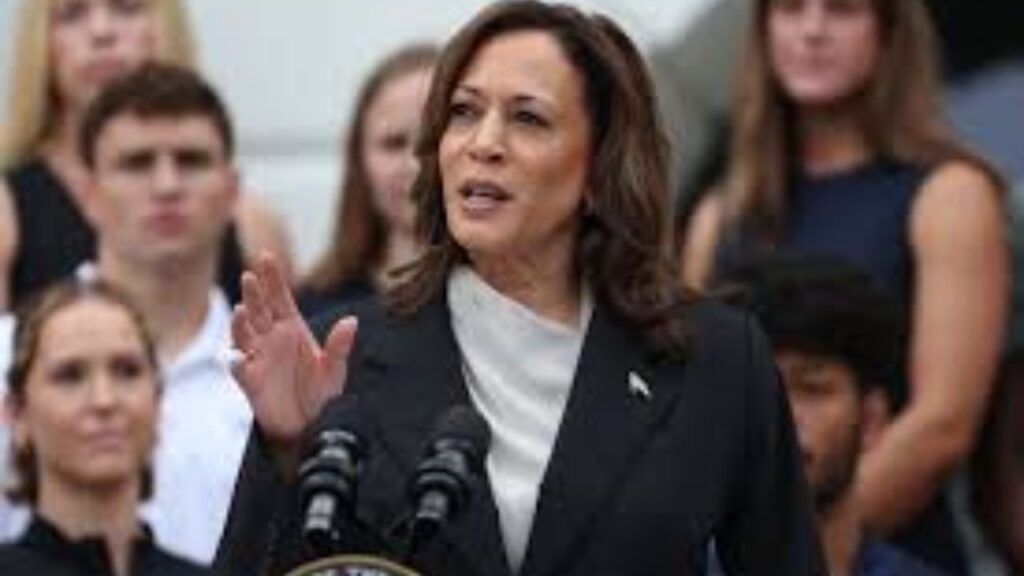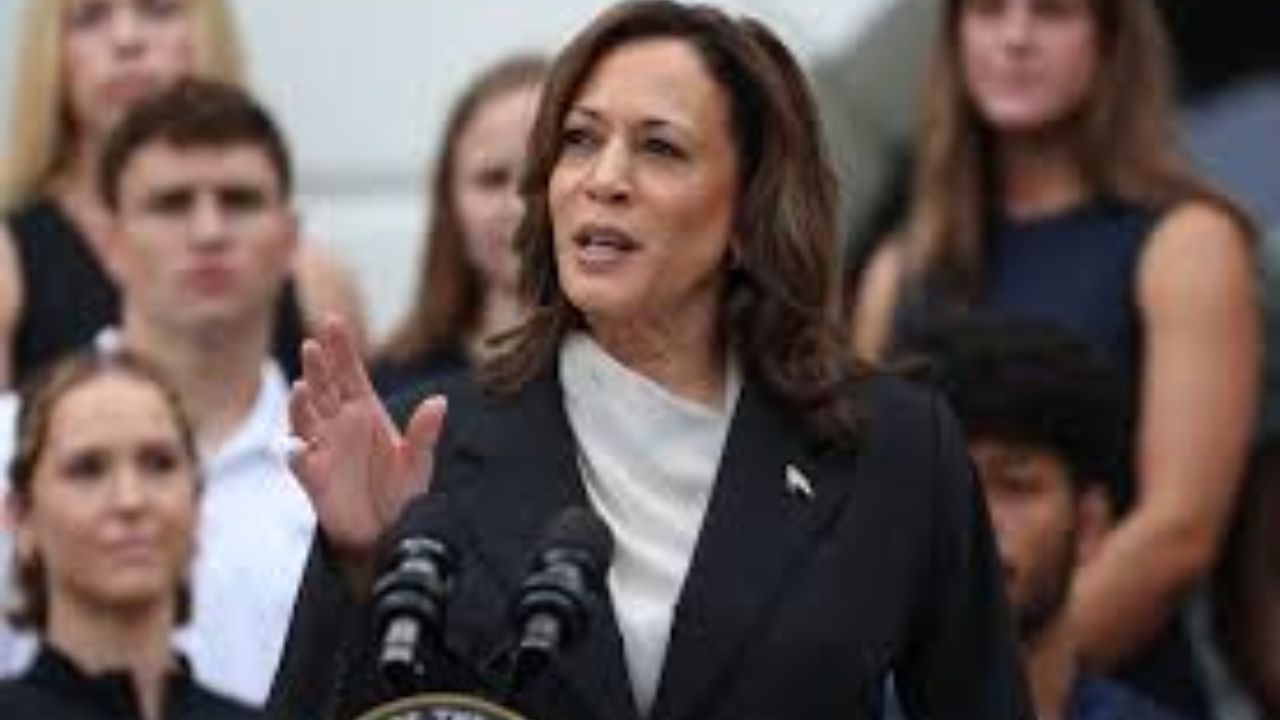DEI hire, diversity equity inclusion, DEI initiatives, diversity in the workplace, equity in organizations, inclusion programs, corporate diversity, DEI challenges, DEI best practices, diversity policies
Explore the concept of DEI hires and the significance of diversity, equity, and inclusion initiatives in modern organizations. Learn about the historical context, recent controversies, effectiveness, and best practices for DEI programs, and understand their role in promoting fair and inclusive workplaces.

Understanding DEI Hires: Diversity, Equity, and Inclusion in the Spotlight
Introduction to DEI
Diversity, Equity, and Inclusion (DEI) have become crucial organizational frameworks aimed at promoting the fair treatment and full participation of all individuals, particularly those from historically underrepresented or discriminated groups. These initiatives strive to create environments where everyone, regardless of identity, race, or orientation, is welcomed, supported, and provided with the resources needed to succeed.
Historical Context of DEI
While the push for DEI initiatives gained significant momentum in 2020 and 2021 amid a national reckoning with racial injustices, the roots of these programs trace back to the 1960s. During this period, affirmative action and equal employment laws were introduced, mandating companies to adopt diversity training programs. These laws were designed to help employees adapt to increasingly integrated work environments, laying the foundation for modern DEI programs.
The Meaning of a ‘DEI Hire’
The term “DEI hire” refers to hiring practices that aim to expand opportunities for women and people of color, fostering more inclusive organizational cultures. This concept has recently sparked debates, particularly among conservative circles, as illustrated by comments from Tennessee Representative Tim Burchett.
Recent Controversies and Comments
During a House Committee on Oversight and Accountability session, Burchett criticized Vice President Kamala Harris and former Secret Service Director Kimberly Cheatle as “DEI hires,” dismissing their qualifications. Burchett’s remarks have reignited discussions about the purpose and impact of DEI initiatives.
Vice President Harris, before being elected to her current position, served as a U.S. senator from California and the state’s attorney general. Despite receiving over 81.2 million votes in the 2020 election, the highest in American history, Harris has faced scrutiny under the DEI lens.
Similarly, Kimberly Cheatle, with a distinguished career in the Secret Service and as senior director of global security for PepsiCo, faced criticism despite her extensive experience. Burchett’s labeling of Cheatle as a “DEI horror story” during an assessment of the Secret Service’s response to an assassination attempt has further fueled the controversy.
Corporate Responses to DEI Initiatives
The backlash against DEI initiatives is not limited to political discourse. Several corporations have recently reevaluated their DEI programs under pressure from various stakeholders. For instance, Tractor Supply Company and John Deere have both scaled back their DEI commitments following customer and public backlash.
Tractor Supply Company, a Fortune 500 retailer, significantly reduced its DEI practices and goals after facing online criticism. The company announced it would:
- Cease submitting data to the Human Rights Campaign
- Refocus team member engagement groups on business-centric activities
- Prioritize rural America issues, such as agricultural education and veteran causes
- Eliminate DEI roles and retire current DEI goals while maintaining a respectful workplace
- Withdraw carbon emission goals, focusing instead on land and water conservation
John Deere, another Fortune 500 company, also announced a review of its policies, ceasing participation in external social or cultural awareness events after facing backlash for its diversity hiring targets and sponsorship of LGBTQ+ events.
Effectiveness of DEI Initiatives
Despite the controversies, many corporate social impact professionals support DEI initiatives. According to a survey by the Association of Corporate Citizenship Professionals and YourCause from Blackbaud, 96% of professionals in 125 major companies reported that DEI commitments have either remained stable (83%) or increased (13%).
This data indicates that, despite some public and political resistance, there is substantial support within the corporate world for maintaining and enhancing DEI efforts.
The Role of DEI in Modern Organizations
DEI initiatives play a critical role in modern organizations by promoting inclusivity and equity. These programs are designed to address systemic inequalities and ensure that all individuals have equal opportunities to succeed. Here’s a closer look at the core components of DEI:
- Diversity: This involves recognizing and valuing differences in race, gender, age, religion, disability, sexual orientation, and other characteristics. A diverse workforce brings varied perspectives and ideas, which can drive innovation and improve decision-making.
- Equity: Equity focuses on fair treatment, access, and opportunity for all employees. This may involve addressing historical and systemic barriers that have prevented certain groups from advancing. Equity initiatives often include policies and practices that ensure all employees have the resources and support they need to succeed.
- Inclusion: Inclusion is about creating an environment where all individuals feel respected, accepted, and valued. Inclusive workplaces encourage participation and engagement from all employees, ensuring that diverse voices are heard and considered.
Challenges and Criticisms of DEI
Despite the benefits, DEI initiatives face several challenges and criticisms. Some argue that these programs can lead to tokenism, where individuals are hired or promoted to meet diversity quotas rather than based on merit. Critics also claim that DEI efforts can create division rather than unity by focusing too much on differences.
Moreover, the backlash from customers and stakeholders, as seen with Tractor Supply Company and John Deere, highlights the tension between corporate DEI commitments and public perception. Companies must balance their DEI goals with maintaining customer trust and confidence.
Moving Forward: Best Practices for DEI
To ensure the effectiveness and acceptance of DEI initiatives, organizations can adopt several best practices:
- Comprehensive Training: Provide regular training on diversity, equity, and inclusion for all employees. This can help raise awareness, reduce biases, and promote a more inclusive culture.
- Inclusive Policies: Develop and implement policies that support diversity and inclusion, such as flexible work arrangements, anti-discrimination policies, and diverse hiring practices.
- Employee Resource Groups: Establish employee resource groups (ERGs) to provide support and networking opportunities for underrepresented groups. ERGs can also offer valuable insights and feedback to improve DEI initiatives.
- Leadership Commitment: Ensure that organizational leaders are committed to DEI and lead by example. Leadership support is crucial for driving cultural change and achieving DEI goals.
- Regular Assessment: Continuously assess and evaluate DEI efforts to identify areas for improvement. Use metrics and feedback to track progress and make data-driven decisions.
- Transparent Communication: Communicate openly about DEI goals, progress, and challenges. Transparency can build trust and demonstrate a genuine commitment to diversity and inclusion.
Conclusion
DEI initiatives are essential for creating fair and inclusive workplaces. While they face challenges and criticisms, the benefits of promoting diversity, equity, and inclusion are clear. By adopting best practices and maintaining a commitment to DEI, organizations can foster environments where all individuals have the opportunity to thrive. As the debate over DEI continues, it is crucial to recognize the value these initiatives bring to both organizations and society as a whole.
Read More
